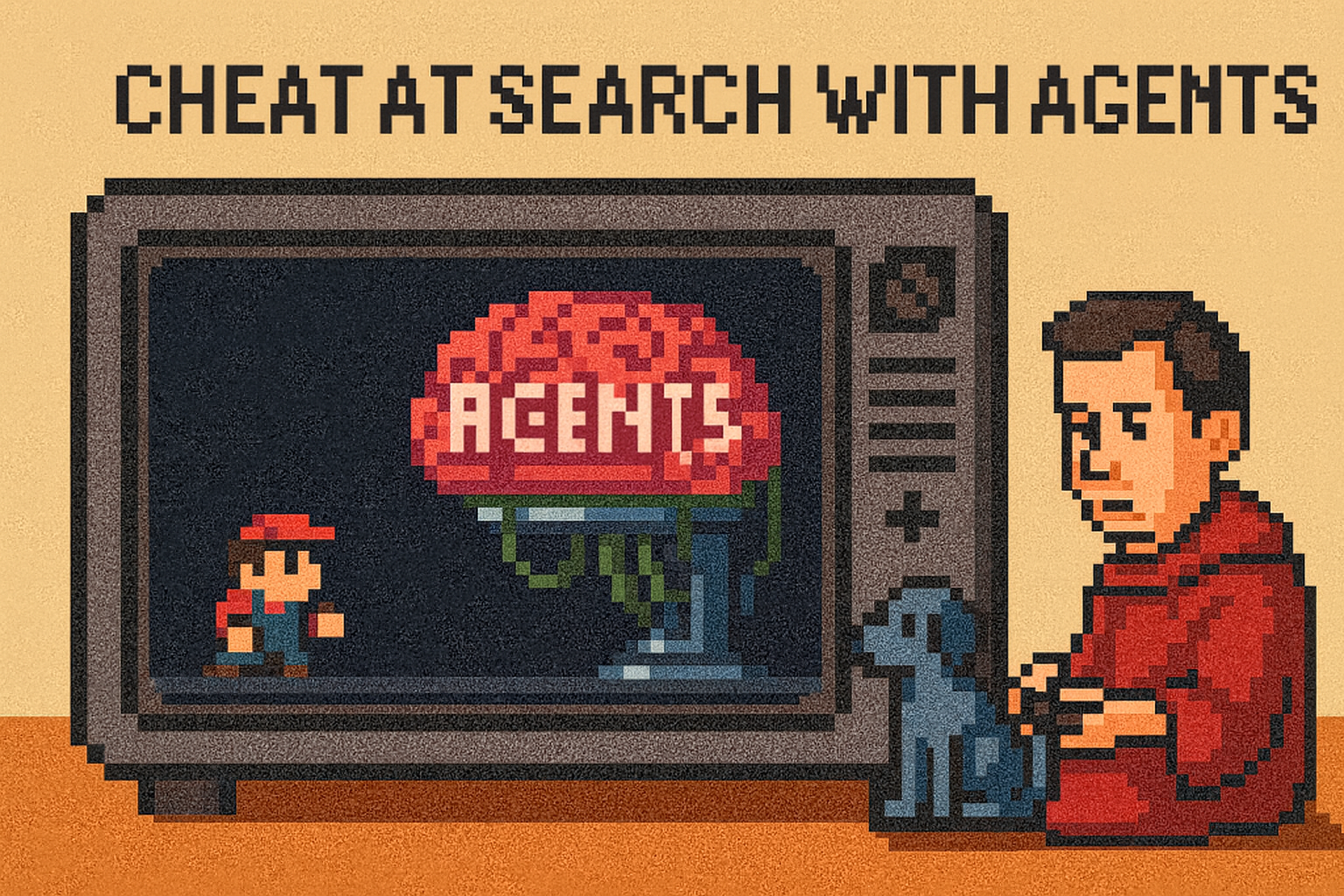Most big companies can’t be startups again.
Often when the C-suite says they want to “be a startup again”, they imagine the early days. When employees acted like owners - where a spark of excellence could create outsized business results. In these early startup days, ICs hold power over massive, org-shaking decisions. They feel the good stress of being given sacred responsibility in the company’s future. And much of the “stress” is intrinsic - the type of stress early employees feel when they have a high sense of ownership. Stress also simply comes from a specific spirit of constant invention.
That’s not life at a big company.
The bigger a company gets, the less an IC has control of their projects. The odds they come up with a big idea that creates outsized impact becomes more unlikely. You don’t make outsized impact at $1 billion companies at hackathons. Organizations with mature business models resist innovation that upsets that model. Just look at what happened with ChatGPT and Google. Google resisted going all-in on LLMs because of its strong search market. This led to an opening - a smaller company (OpenAI) eager for product-market fit could exploit. Indeed it’s easy to play “Monday morning quarterback” and say Google was stupid. Yet there are a million ideas that come up in big companies. And little incentive to distract from a proven business model.
I have been that person at the ‘big company’. As a search consultant, encouraging companies to stay with the tried and true. To actively resist innovation because, in my thinking, large organizations ought to make “boring” choices for 95% of their work. This can lead to a blindspot of conservative thinking, causing one to miss that 5% of the time you SHOULD innovate.
After all, most big company ICs jobs become about maturing what works, not digging deep for ongoing innovation. Much of the time its about scale - keeping the boring trains running at high scale differs tremendously from inventing flying cars from scratch. Indeed you have every incentive to be on the defense - resisting the flying car initiatives - because 99% of the time they don’t materialize and just distract from keeping trains running.
Just existing amongst more people, most big company ICs by necesity work on what they’re told to. If you DO want to innovate, you need to dig deep and spend all your time in organizational politics, convincing a lot of people to just incrementally shift organizational course a little bit. However, the small company, stress comes from maybe not existing. Stress comes from a kind of creative pressure to execute on diverse set of ideas (flying cars? hoverboards?) until something gains traction regardless of who it might make happy or piss off.
Some people enjoy the feeling of getting the trains to run on time. Some people enjoy the stress of creatively trying things until something works. Some people can be accomplished organizational climbers, able to align the different interests at a big company. While others have little interest, and want to push their craft to its limits.
That’s all to say, there is no “right/good” thing where startup is better than big company or vice versa. People simply thrive in different environmental conditions. Knowing where your organization sits will dramatically dictate what type of culture to build (trains running on time vs trying out hoverboards).
Enjoy softwaredoug in training course form!
Starting Feb 2!
 I hope you join me at Cheat at Search with LLMs to learn how to apply LLMs to search applications. Check out this post for a sneak preview.
I hope you join me at Cheat at Search with LLMs to learn how to apply LLMs to search applications. Check out this post for a sneak preview.
